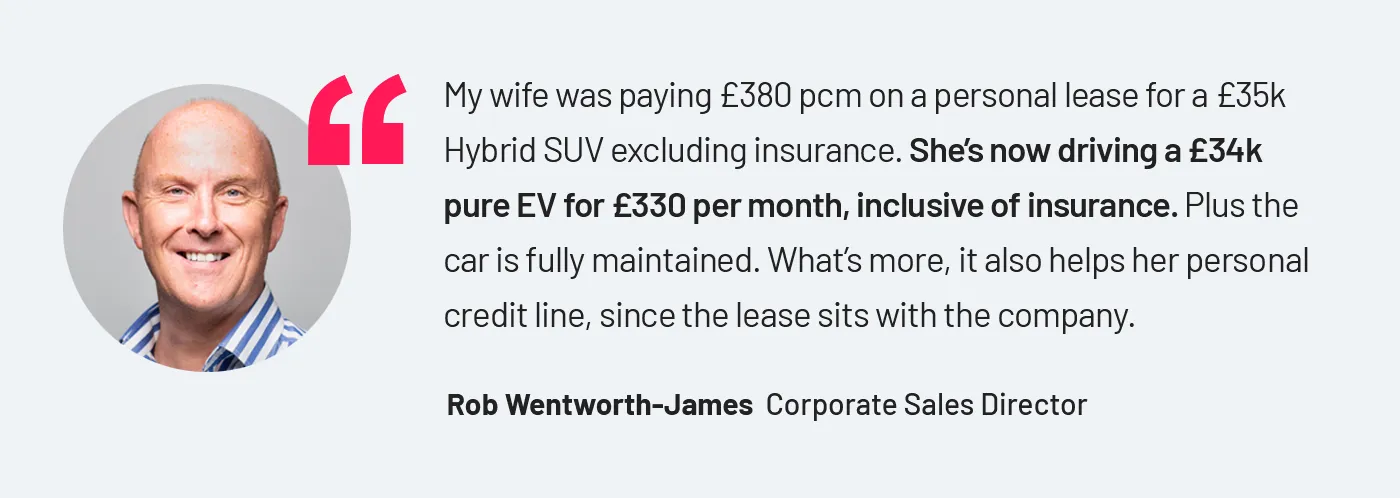Why salary sacrifice is the new cash for car
Not so long ago, the talking point for fleets was whether a cash alternative was better than taking a company car. Driven by escalating benefit in kind company car tax, many drivers decided that they would rather take the cash, thank you very much, and spend it on a car how they wanted. To be … Continued





